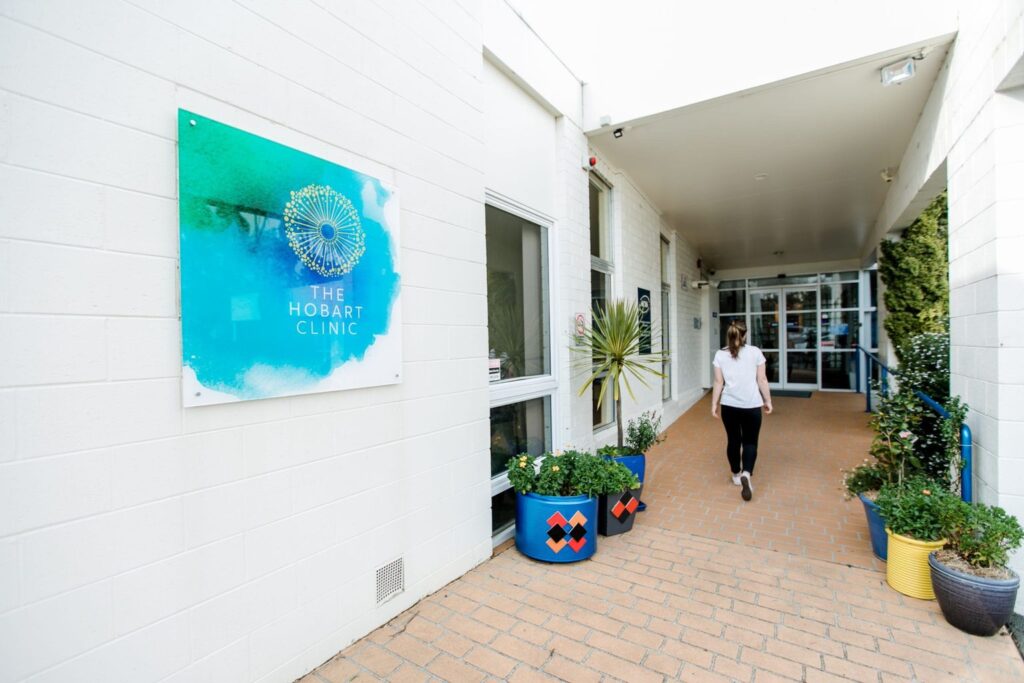
The Hobart Clinic has been granted a $2 million lifeline by the state government, aimed at keeping its doors open for another six months. However, this funding comes with a stern warning: it is the facility’s final opportunity to demonstrate its ability to operate independently and sustainably.
Health Minister Bridget Archer communicated the decision to clinic chair Graeme Lynch, outlining that the grant, provided through the Department of State Growth, is contingent on the clinic meeting strict conditions. These include proving its capability to function without future government aid and adhering to all safety and quality standards.
Conditions of the Grant
The government’s financial intervention is accompanied by stringent requirements. The clinic must deliver monthly financial updates and maintain sufficient reserves to cover staff entitlements. Should the clinic cease operations within the six-month timeframe, any unspent funds are to be returned within a week.
Minister Archer emphasized the importance of sustainable operations, stating,
“This investment will allow The Hobart Clinic to keep the doors open for six months, giving them time to work through their operating model and ascertain if the business can be viable into the future.”
She further clarified that no additional government funding will be available after this period.
Background and Historical Context
The Hobart Clinic has been grappling with financial instability despite receiving nearly $7 million in government support over recent years. The clinic previously informed the government of its intention to close, citing an unsustainable operating model. This latest financial aid is seen as a last-ditch effort to rectify the clinic’s business model.
Historically, the clinic has been a crucial provider of mental health services in the region, making its potential closure a significant concern for the community. The government’s intervention highlights the broader challenges faced by mental health facilities in maintaining financial health while delivering essential services.
Government and Community Response
Minister Archer also addressed the need for strong corporate governance and clinical oversight at the clinic. In her letter, she stated,
“The board and governance arrangements of The Hobart Clinic are a matter for The Hobart Clinic, as is any decision regarding the clinic’s ability to stay open.”
Meanwhile, the government is actively collaborating with other private mental health providers to ensure that the mental health needs of Tasmanians are met. Plans are underway to expand public mental health services, with new hubs proposed for the Huon Valley and additional mental health precincts in the north and north-west of the state.
Future Implications
The situation at The Hobart Clinic underscores the broader challenges within the mental health sector, particularly regarding financial sustainability and service provision. As the clinic works to stabilize its operations, the outcome could serve as a case study for similar facilities facing financial difficulties.
Looking ahead, the clinic’s ability to meet the government’s conditions will be closely monitored. Success could pave the way for a sustainable future, while failure may necessitate a reevaluation of mental health service delivery in the region.
The Hobart Clinic is scheduled to close at the end of this week, marking a critical juncture in its operational timeline. The coming months will be pivotal in determining its fate and the broader implications for mental health services in Tasmania.







